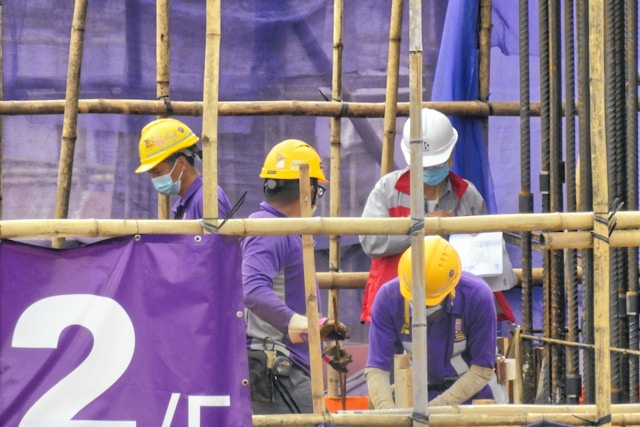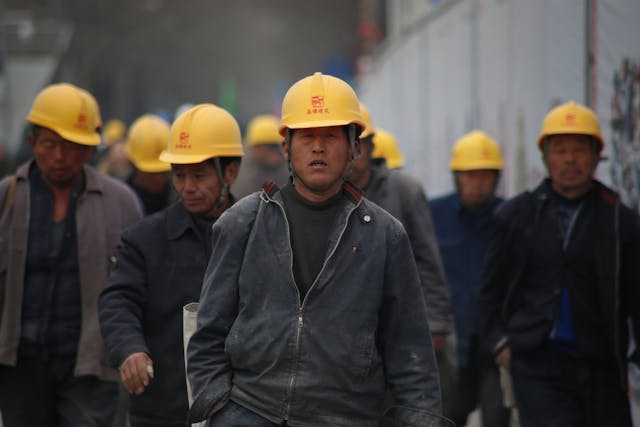
Construction salary growth is showing signs of easing for the first time in several years, as contractors step back from aggressive pay strategies and brace for fluctuating market conditions, according to a new national report from accounting and advisory firm Baker Tilly.
The report highlights a shift after years of heated competition for skilled workers, driven by labor shortages, inflation and a historic surge in project activity. Now, as the market cools, the pace of wage increases has noticeably slowed.

“Many companies are continuing to take a more cautious approach to compensation amid market uncertainty,” said Brian Kassalen, principal and construction industry leader at Baker Tilly. “Aggressive compensation strategies have slowed down in the past year, signaling that contractors are not looking to attract talent as much as previous years suggested.”
The study notes that 65% of surveyed firms did not alter pay strategies from 2024 to 2025, marking a clear shift from previous years where firms regularly boosted pay to retain workers. Traditional incentives have also dipped:
These trends point to what researchers call a maturing labor market, where hiring pressure has weakened and staffing levels are beginning to balance with project volume.
Between August 2023–2024, construction employment increased 2.5%, more than double the rate of total nonfarm employment. But by August 2025, that growth slowed to 0.7%, falling below overall job growth.
One of the biggest variables shaping construction labor in the months ahead is federal immigration enforcement.
The report calls attention to the effects of President Donald Trump’s current crackdown on undocumented workers — including mass deportations and slower processing — warning the impact is just beginning:
“By mid-2025, net immigration had fallen significantly, and this turnabout is likely to have profound effects on both the supply of construction workers and the demand for many types of structures—housing, schools, stores, and more,” the report reads.
Several high-growth states heavily depend on immigrant workers:
StatePercent of Craft Workers Who Are ImmigrantsCalifornia50%+Texas50%+Arizona38%
Industry leaders warn that tighter labor supply could conflict with rising construction demand, complicating workforce planning into 2026 and beyond.

Despite the cautious stance today, the report suggests contractors aren’t expecting a long slowdown.
Growing numbers of firms are turning to merit-based pay raises and new cash-bonus systems in anticipation of higher 2026 construction workloads and more intense hiring competition.
Kassalen said employers now need a broader strategy beyond pay alone:
“Compensation is just one piece of a broader strategy that should also account for culture, employee engagement, and long-term incentives,” the authors wrote.
One key approach they believe will expand: deferred compensation programs — such as retirement-linked bonuses for project managers and executives — to strengthen retention and succession planning.
“In particular, deferred compensation remains an underutilized yet powerful tool for retention and succession planning,” the report states.
The underlying message: While salary escalation has moderated, the industry isn’t signaling a downturn — rather, a more stable and strategic phase.
The report surveyed 267 firms across Washington, Idaho, Montana, Oregon, California, Arizona and Texas, with additional participation from organizations in other regions.
With billions in active and upcoming infrastructure, energy and industrial megaprojects, analysts maintain that the labor market could heat back up quickly — especially if immigration restrictions continue tightening.
Originally reported by Zachary Phillips in Construction Dive.